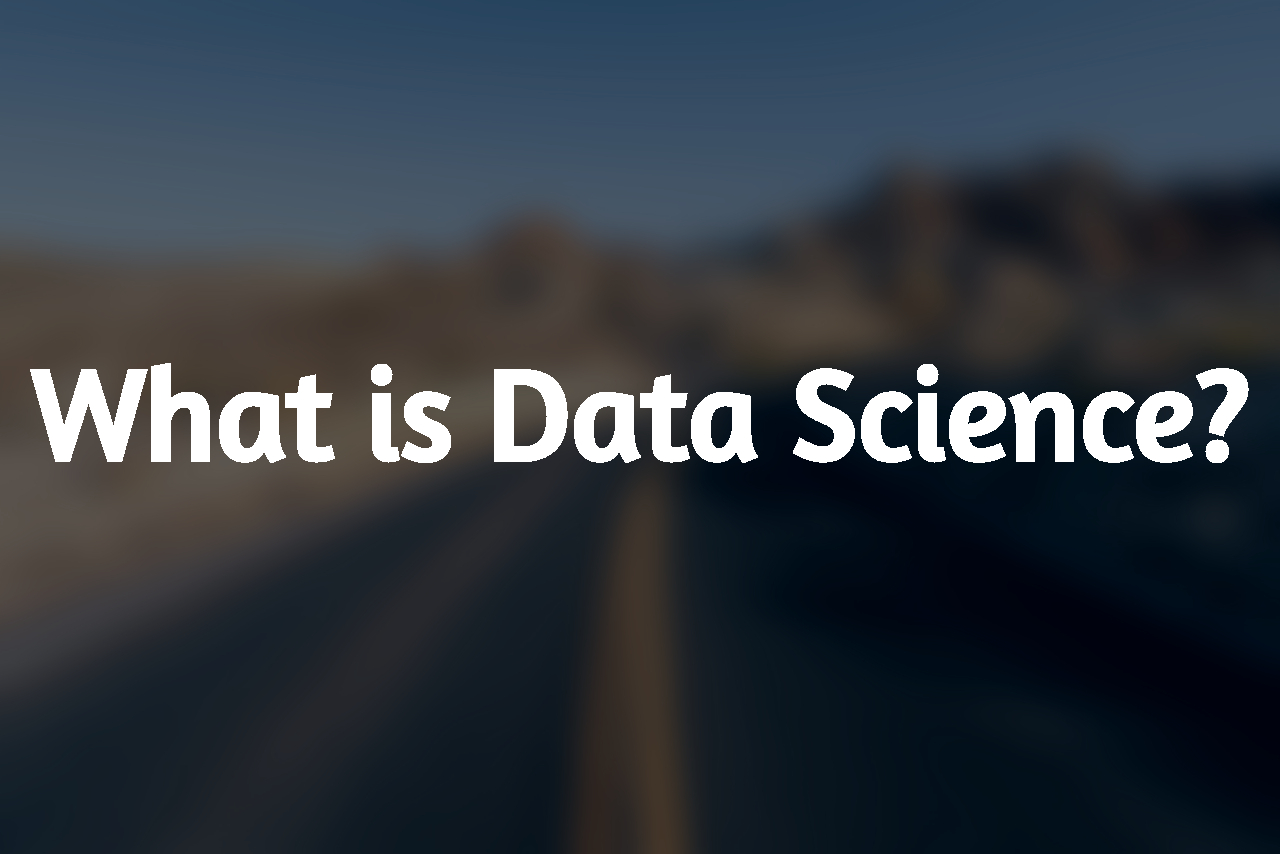What is Data Science? A Comprehensive Guide to the Field
In today’s data-driven world, “Data Science” has gained significant prominence. From businesses to academia, this field has become a crucial field that helps organizations make informed decisions, uncover valuable insights, and drive innovation
Introduction to Data Science: Exploring the World of Data Analysis and Insights
In today’s digital age, data is being generated at an unprecedented rate. The ability to extract meaningful insights from this vast amount of information has given rise to the field. It is an interdisciplinary field that combines statistical analysis, machine learning, and domain knowledge to extract valuable insights and drive informed decision-making.
Essential Skills for Data Science: A Comprehensive Guide
To excel in the field of data science, specific essential skills are required. Proficiency in mathematics and statistics forms the foundation, enabling professionals to understand data patterns and make accurate predictions. Strong programming skills are also crucial, with Python and R being popular languages in this community. Additionally, data visualization, problem-solving, and communication skills are essential for effectively conveying insights to stakeholders.
Learning Platforms: Where to Begin and How to Progress
Aspiring data scientists have a plethora of learning platforms to choose from. Online platforms such as Coursera, edX, and DataCamp offer comprehensive courses and specialization programs in this exciting field. These platforms provide a structured learning path, covering topics ranging from data preprocessing to machine learning algorithms. Additionally, joining local meetups and participating in Kaggle competitions can provide hands-on experience and networking opportunities.
Programming Languages in Data Science: Which Ones to Master
When it comes to programming languages in data science, Python and R are widely used. Python’s versatility, extensive libraries (e.g., NumPy, Pandas, and TensorFlow), and intuitive syntax make it a popular choice for data manipulation, analysis, and machine learning. R, on the other hand, is renowned for its statistical capabilities and visualization libraries like ggplot2. Ultimately, the choice of programming language depends on the specific requirements and preferences of the data scientist.
Data Science Projects: Putting Theory into Practice
Data science projects are invaluable for applying theoretical knowledge to real-world scenarios. By working on projects, aspiring data scientists can gain hands-on experience in data collection, cleaning, analysis, and model building. Projects can range from analyzing customer behavior and predicting sales to sentiment analysis and recommendation systems. Building a portfolio of projects showcases practical skills and enhances employability.
Beginner-Level Data Science Projects: Hands-On Learning for Novices
For beginners, it’s crucial to start with manageable projects that provide a solid foundation in data science. Exploratory data analysis (EDA) on public datasets, building simple linear regression models, or creating visualizations with popular libraries like Matplotlib and Seaborn are great starting points. These projects allow beginners to grasp fundamental concepts while gaining confidence in their abilities.
Intermediate-Level Data Science Projects: Advancing Your Data Analysis Skills
As skills progress, intermediate-level data science projects provide opportunities to explore more complex techniques. Projects such as building classification models using decision trees or implementing natural language processing (NLP) algorithms for sentiment analysis can help sharpen analytical skills and expand the understanding of various machine learning algorithms.
Advanced-Level Data Science Projects: Mastering Complex Data Challenges
Advanced-level data science projects delve into intricate domains, tackling complex data challenges. For instance, building deep learning models for image recognition, implementing recommendation systems with collaborative filtering, or working with big data using distributed computing frameworks like Apache Spark are examples of advanced projects. These projects require advanced programming skills and a deep understanding of algorithms and techniques.
Data Science and Its Relationship with Related Fields: An Interdisciplinary Approach
Data science is an interdisciplinary field that intersects with various related domains. It incorporates elements of statistics, computer science, mathematics, and domain expertise. For example, this field finds applications in healthcare, finance, marketing, and many other industries. Collaborating with professionals from these domains can enhance the effectiveness of data-driven solutions and lead to innovative discoveries.
Career Paths: Opportunities and Roles
A career in this field offers a wide range of opportunities and roles. Data scientists can work in the healthcare, e-commerce, finance, and technology industries. Roles include data analyst, machine learning engineer, data engineer, and data scientist. With the increasing demand for data-driven insights, this field presents promising career prospects and the opportunity to make a significant impact.
Conclusion
It plays a pivotal role in leveraging the power of data to drive decision-making and innovation. By acquiring essential skills, exploring learning platforms, working on projects, and understanding the interdisciplinary nature of this field, individuals can embark on a rewarding career path in this dynamic field. With continuous learning, experimentation, and staying updated with industry trends, data scientists can navigate the ever-evolving landscape of this field successfully.

